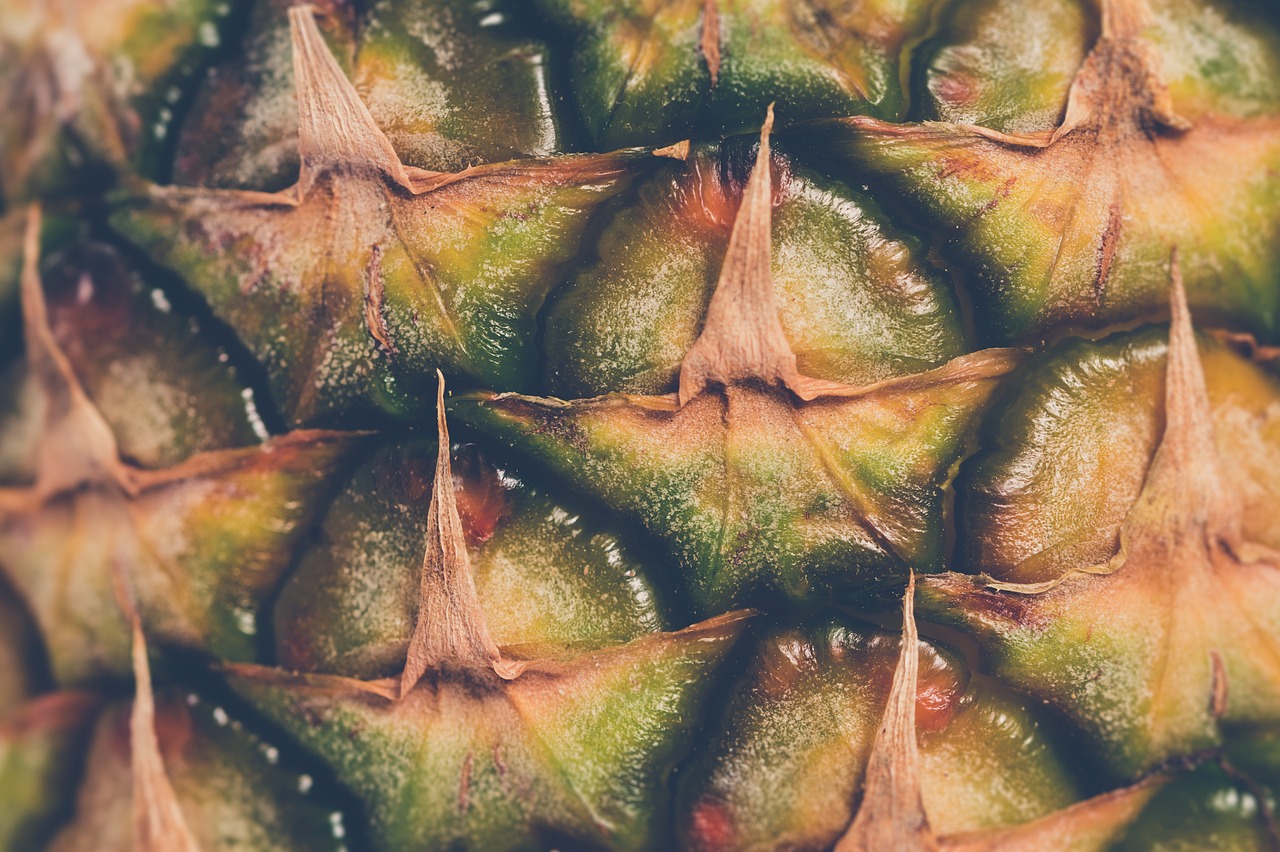The Art of Food Fermentation: Cultivating Probiotic Powerhouses
Food fermentation is a natural process that involves the transformation of carbohydrates into organic acids or alcohol by microorganisms. This transformative process helps to preserve food while enhancing its flavor and increasing its nutritional value. Examples of fermented foods include yogurt, sauerkraut, kimchi, and sourdough bread.
During fermentation, the microorganisms break down the sugars present in the food into simpler compounds, producing byproducts like lactic acid or carbon dioxide. This metabolic activity not only helps to inhibit the growth of harmful bacteria but also introduces beneficial probiotics into the food. These probiotics are known to support gut health and digestion, making fermented foods a valuable addition to a balanced diet.
History of Food Fermentation
Food fermentation is a practice deeply rooted in the history of human civilization. Dating back thousands of years, our ancestors discovered the transformative power of fermentation in preserving food and enhancing its flavor. This natural process was initially stumbled upon accidentally, as they noticed that certain foods would undergo beneficial changes when left to ferment.
Over time, as communities began to understand the science behind fermentation, they intentionally started fermenting various foods like dairy, vegetables, and grains. In ancient civilizations such as in Mesopotamia, Egypt, and China, fermentation became a crucial method for food preservation, allowing them to store perishable items for longer periods. This early experimentation with fermentation not only provided sustenance during times of scarcity but also laid the foundation for the rich tapestry of fermented foods enjoyed around the world today.
Benefits of Probiotics in Fermented Foods
Probiotics found in fermented foods are known to promote gut health by restoring the balance of good bacteria in the digestive system. These beneficial microorganisms can help improve digestion, boost the immune system, and even enhance nutrient absorption in the body. By consuming fermented foods rich in probiotics, individuals may experience a reduction in bloating, gas, and other digestive issues.
Furthermore, probiotics in fermented foods have been linked to potential mental health benefits, such as reducing symptoms of anxiety and depression. The gut-brain axis, a communication pathway between the gut and the brain, plays a key role in regulating mood and behavior. It is believed that the presence of healthy bacteria in the gut can positively influence this relationship, leading to improved mental well-being.
– Probiotics in fermented foods promote gut health by restoring balance of good bacteria
– Improve digestion and boost immune system
– Enhance nutrient absorption in the body
– Reduction in bloating, gas, and digestive issues
– Potential mental health benefits such as reducing symptoms of anxiety and depression
– Gut-brain axis plays a key role in regulating mood and behavior
– Healthy bacteria in the gut positively influence relationship between gut and brain
What is food fermentation?
Food fermentation is a process in which microorganisms, such as bacteria and yeast, break down carbohydrates in food to produce beneficial compounds like lactic acid, alcohol, and carbon dioxide.
What is the history of food fermentation?
Food fermentation has been practiced for thousands of years by various cultures around the world. It was used as a method of preserving food before the invention of modern refrigeration.
What are the benefits of probiotics in fermented foods?
Probiotics are live bacteria and yeasts that are good for your digestive system. When consumed through fermented foods, they can help improve digestion, boost the immune system, and promote overall gut health.
Which fermented foods are good sources of probiotics?
Some common fermented foods that are rich in probiotics include yogurt, kefir, sauerkraut, kimchi, miso, tempeh, and kombucha.
Can everyone benefit from consuming probiotics in fermented foods?
While probiotics are generally safe for most people, individuals with compromised immune systems or certain medical conditions should consult with a healthcare provider before increasing their intake of probiotic-rich foods.







